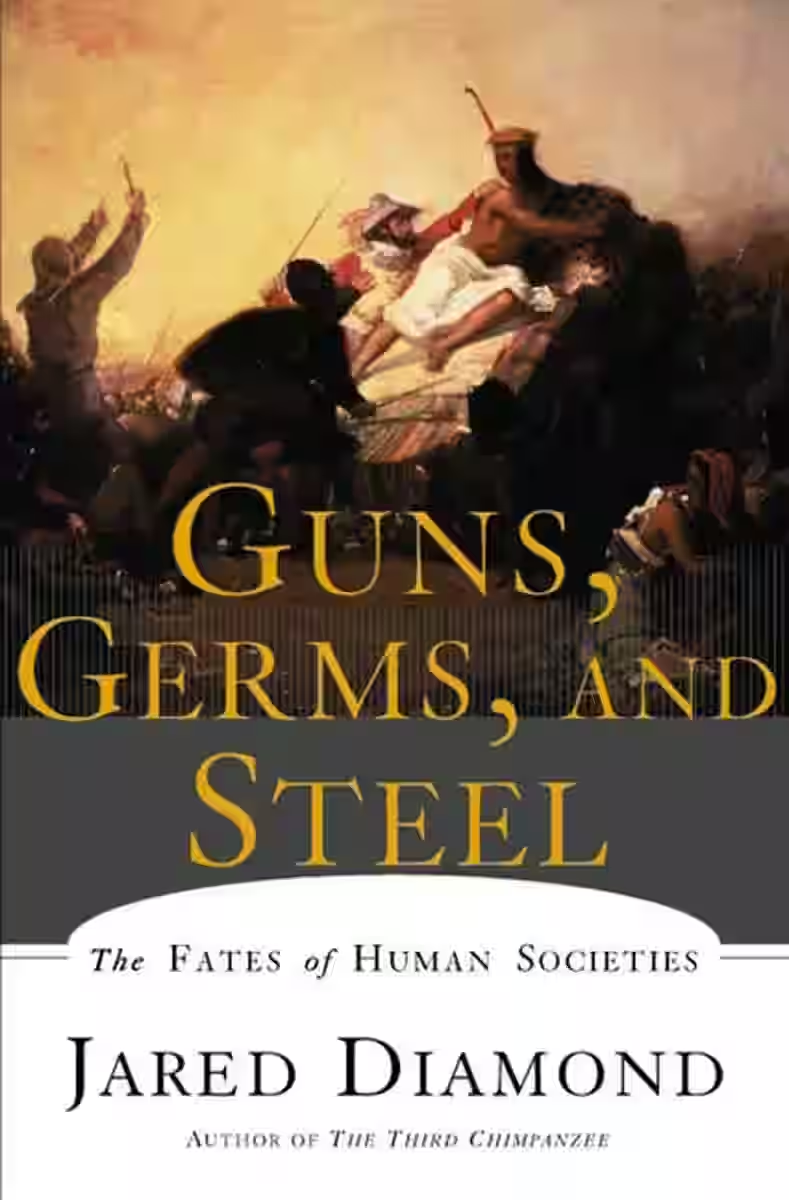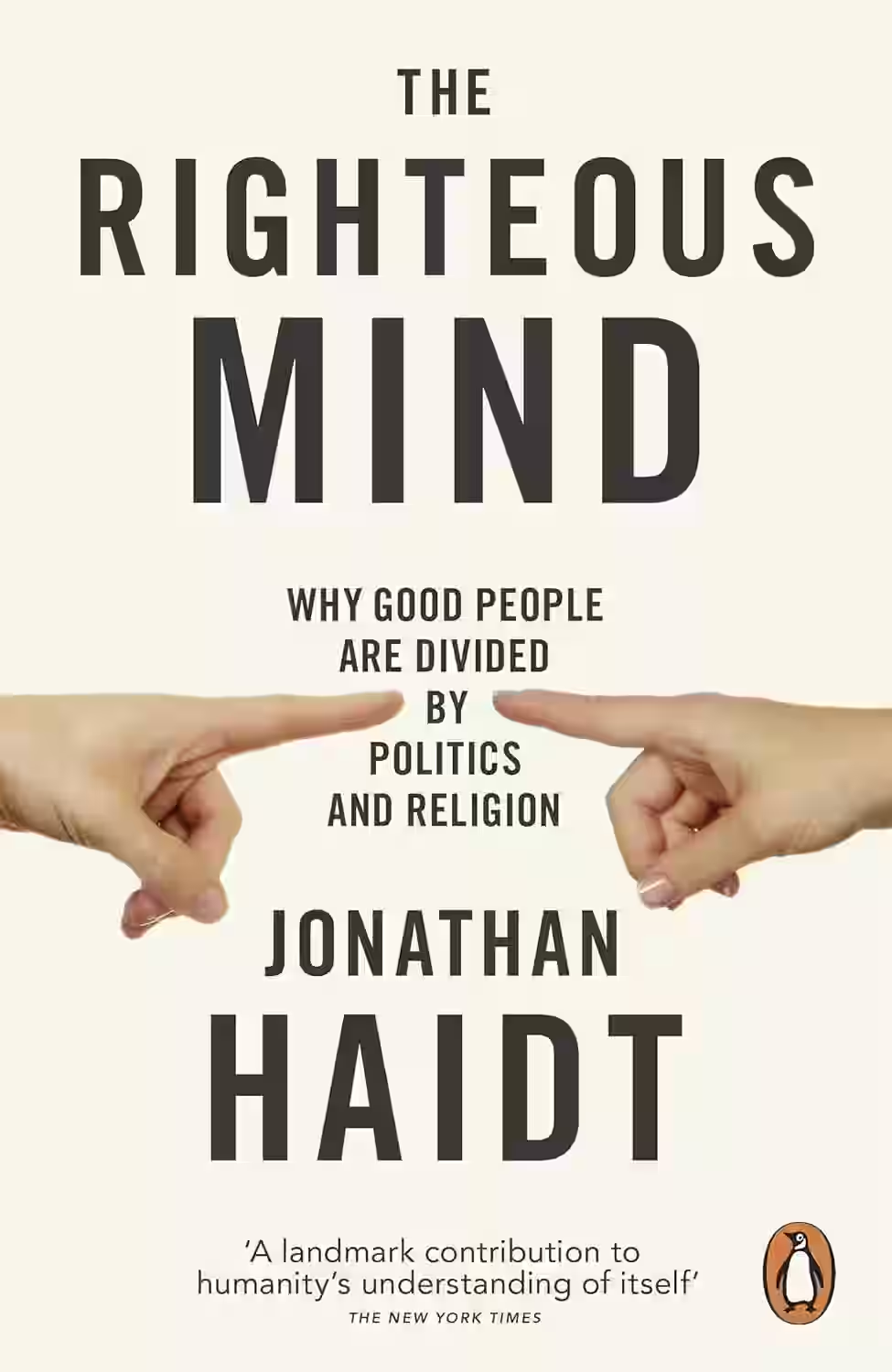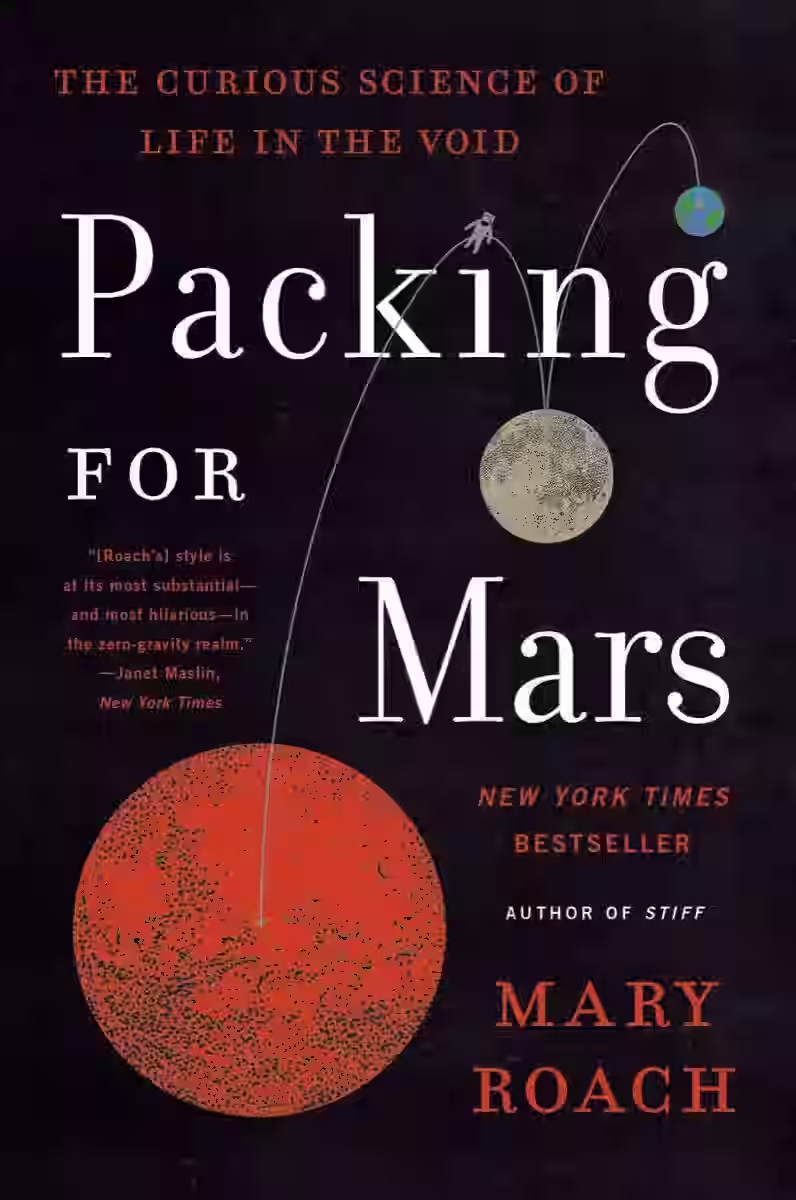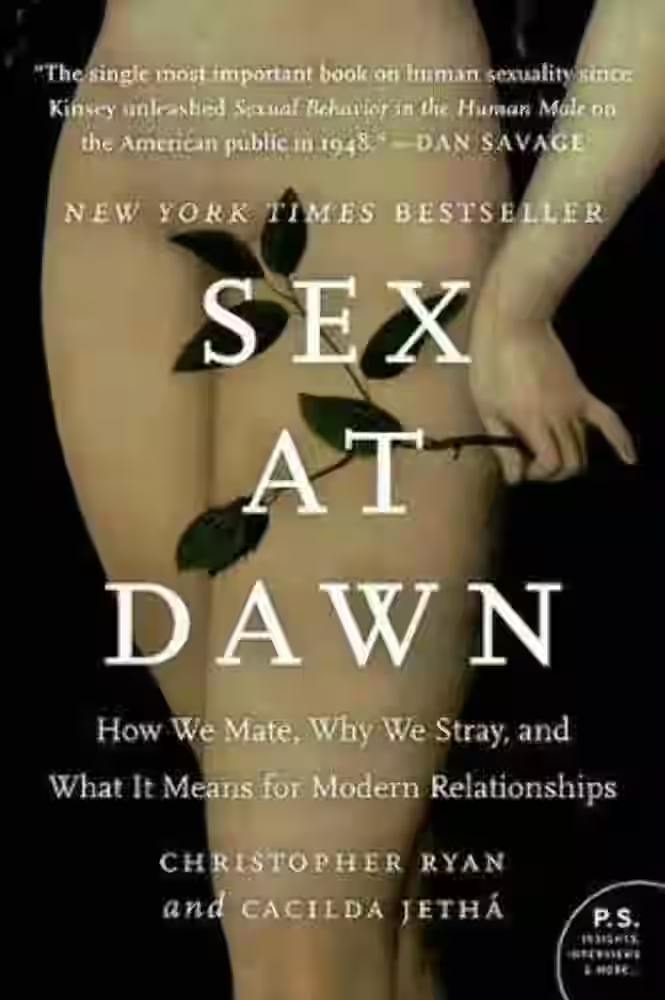
In 'Guns, Germs, and Steel: The Fates of Human Societies,' Jared Diamond explores the factors that led to the differing societal development across the globe. Through an interdisciplinary approach, Diamond delves into the roles of geography, biology, and technology in shaping human history. He examines how environmental factors like availability of domesticable plants and animals influenced the rise of civilizations and the inequalities in power dynamics. This thought-provoking book challenges conventional Eurocentric views of history, offering a compelling argument for the disparities in success among societies. 'Guns, Germs, and Steel' is a captivating read that sheds light on the complexities of human civilizations.
About Jared Diamond
Jared Diamond, born on September 10, 1937, is an esteemed American author, professor, and polymath widely recognized for his groundbreaking work in anthropology, geography, and evolutionary biology. He earned his Ph.D. from Cambridge University and currently teaches at the University of California, Los Angeles. Diamond's seminal works, including 'Guns, Germs, and Steel' and 'Collapse,' explore the intricacies of human societies, their interactions with the environment, and the impact of geographical factors on history. These books have earned him prestigious awards, such as the Pulitzer Prize and the National Medal of Science. Diamond's ability to distill complex academic subjects into engaging narratives has captivated readers worldwide, making him a prominent figure in popular science literature.
Similar Books

The Righteous Mind
In 'The Righteous Mind,' Jonathan Haidt delves into the psychological roots of morality, arguing that our moral judgments are primarily based on intuition rather than reasoning. Haidt explores how our political and social beliefs are influenced by our moral foundations, challenging readers to consider differing perspectives with empathy and understanding. Through engaging anecdotes and thought-provoking research, he presents a compelling case for the importance of moral diversity in society. This book offers profound insights into the complexities of human morality and provides a roadmap for bridging ideological divides. 'The Righteous Mind' is a must-read for anyone seeking to grasp the fundamental forces shaping our beliefs and behavior.

Packing for Mars
by Mary Roach
In 'Packing for Mars', Mary Roach takes readers on a fascinating exploration of the bizarre, often overlooked, yet crucial aspects of space travel. Roach delves into the challenges astronauts face, from coping with zero gravity to managing bodily functions in space. Through a mix of humor and in-depth research, she unveils the complexities of preparing for missions to Mars and sheds light on the remarkable ingenuity and dedication of the individuals working in space programs. With wit and insight, Roach examines the science, psychology, and logistics behind space travel, offering a captivating and often quirky glimpse into the world of astronauts and the unknown frontier of Mars.

Sex at Dawn: How We Mate, Why We Stray, and What It Means for Modern Relationships
by Christopher Ryan, Cacilda Jetha
In 'Sex at Dawn', Christopher Ryan challenges conventional beliefs about human sexuality by delving into the evolution of our ancestors and questioning the societal norms surrounding monogamy. Through a mixture of anthropology, psychology, and sociology, Ryan argues that humans may have evolved as a more promiscuous species, making a case for non-monogamous relationships. By examining prehistoric and contemporary cultures, he challenges readers to rethink traditional views on sex, love, and commitment. With a mix of humor and compelling research, 'Sex at Dawn' provokes thought and discussion on the complexities of human relationships and desires.

Tinsel: A Search for America's Christmas Present
by Hank Stuever
In 'Tinsel: A Search for America's Christmas Present,' author Hank Stuever delves into the heart of the holiday season, exploring the commercialization, traditions, and emotions surrounding Christmas in modern America. Through a captivating blend of storytelling and insightful analysis, Stuever paints a vivid picture of the ways in which Christmas has evolved to reflect the values and dynamics of contemporary society, from extravagant light displays to heartfelt community gatherings. By dissecting the essence of Christmas present, the book raises thought-provoking questions about consumerism, family, and the true spirit of the season, making it a compelling read for anyone interested in the cultural significance of Christmas.